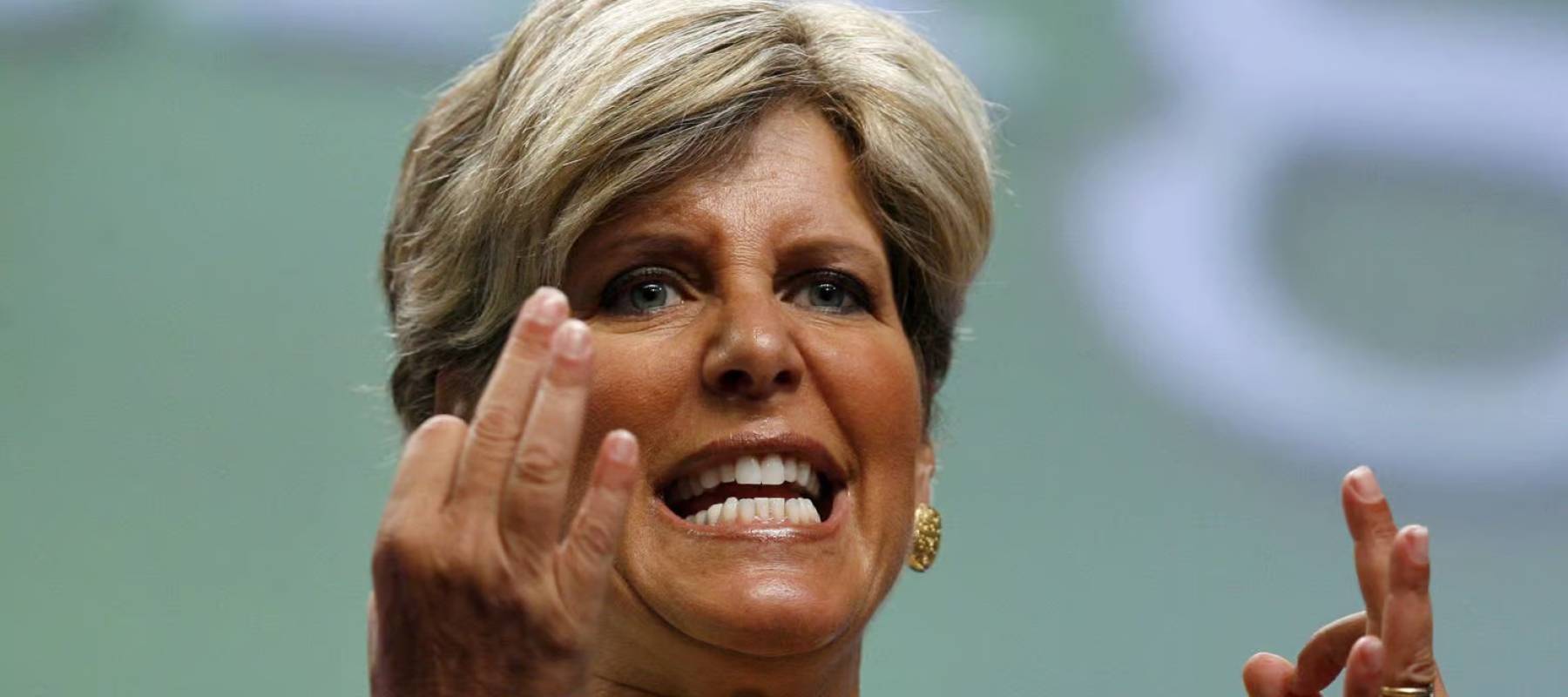Canadian salary increases across the provinces and territories
The aforementioned 3.6% base salary increase is a median average for growth among Canada, as each province and territory is expected to experience its own specific gains.
BC leads the provinces at a 3.9% predicted increase, while Alberta comes in at 3.8%, followed closely by Ontario at 3.7%. The rest are as follows:
- Quebec (3.6%)
- Saskatchewan and Manitoba (3.5%)
- Nunavut (3.4%)
- Northwest Territories (3.2%)
- Yukon (3.1%)
- Newfoundland (3.1%)
- New Brunswick, P.E.I. and Nova Scotia (2.8%)
Empower your investments with Qtrade
Discover Qtrade's award-winning platform and take control of your financial future. With user-friendly tools, expert insights, and low fees, investing has never been easier.
Start Trading TodayHow businesses will adapt to these numbers
While economic uncertainty may hinder a business’s ability to deliver on promises and lift wages, the survey revealed that only 18% of organizations remain undecided about 2025 salary budgets, a steep decline from 58% in 2024.
However, some sectors are experiencing limited budgets and are projected to enact rate increase freezes, such as participating healthcare organizations (44%) and education organizations (21%). Even with the projected freezes, the healthcare and education industries have still reported the lowest projected salary increases at 2.8% and 2.9%, respectively.
Meanwhile, the highest projected average salary increase by industry is expected to be in real estate at 4.2%.
"As the labour market continues to rebalance, organizations are shifting their attention towards effectively managing their compensation programs. How they communicate their total rewards package to employees, how transparent they are with compensation, how effective and equitable are their pay programs," Parsan said.
How businesses will be prioritizing employees in 2025
When businesses were asked about their HR initiatives for 2025, respondents indicated how having up-to-date job descriptions (56.1%) and participating in salary benchmarking surveys (55.4%) are key priorities.
The other initiatives include:
- Enhancing total rewards strategies to be more well-rounded, flexible and employee-centric (46.6%)
- Conducting and/or producing more resources and education training on compensation for people leaders (36.3%)
- Adopting a new or enhanced compensation management system or HRIS (31.5%)
- Conducting a pay equity analysis (30.6%)
Survey Methodology:
Eckler's compensation planning survey was conducted from June to August of this year and collected responses from over 500 Canadian organizations across diverse sectors and industries. The survey results provide critical data on salary, pay administration practices, market trends, and human resource priorities.
Sponsored
Trade Smarter, Today
Build your own investment portfolio with the CIBC Investor's Edge online and mobile trading platform and enjoy low commissions. Get up to $100 in commission-free options until October 31, 2024.








